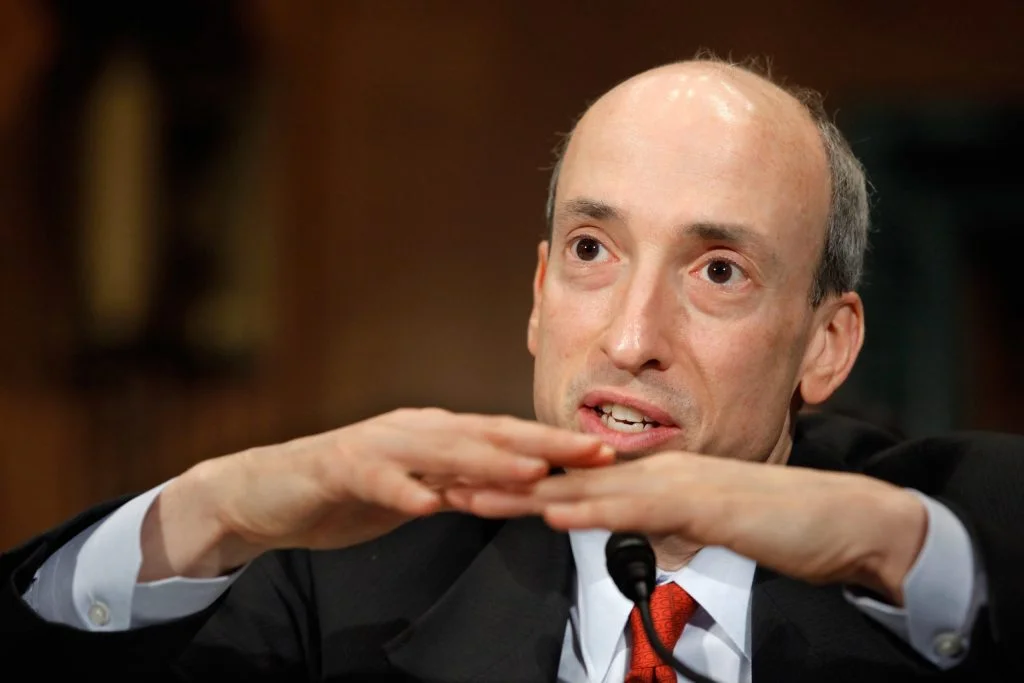Gary Gensler, the chairman of the United States Securities and Exchange Commission, (SEC), has expanded on his “Wild West” analogy for cryptocurrencies, calling stablecoins “instruments for gambling at old-timey casinos.”

Gensler told Washington Post columnist David Ignatius on Tuesday that most crypto projects dealt with securities that came under the SEC’s regulatory ambit, while others were better suited for regulation by the Commodity Futures Trading Commission, or CFTC.
The SEC chair called both agencies’ authority “strong,” but noted that there were gaps in coverage, particularly for stablecoins, which “may have characteristics of investment contracts.”
“Right now, stablecoins are virtually acting like poker chips at the casino,” Gensler remarked. “We have a lot of casinos here in the Wild West, and the poker chip at the casino gaming tables is these stablecoins.”
In terms of stablecoin regulation and enforcement, Gensler intimated that both the SEC and the CFTC might benefit from “help from Congress.”
However, according to the SEC chair, present laws appear to be overbroad when it comes to dealing with a new financial asset like cryptocurrency.
“I do really fear that we’ll keep bringing these enforcement cases, but there’s going to be a problem. There’s going to be a problem on lending platforms, on trading platforms. Frankly, when that happens, I think a lot of people are going to get hurt.”
Following the announcement by major U.S.-based cryptocurrency exchange Coinbase that it would cancel its proposal for a crypto loan scheme, the SEC chair issued a statement.
The Securities and Exchange Commission had previously threatened legal action against the exchange, claiming that the program was a security.
Gensler wanted to implement crypto-related policy changes in the areas of token offerings, decentralized finance, stablecoins, custody, exchange-traded funds, and lending platforms in August.
He has long urged crypto ventures to register with the SEC, emphasizing that they must collaborate with regulators in order to thrive in the long run.

